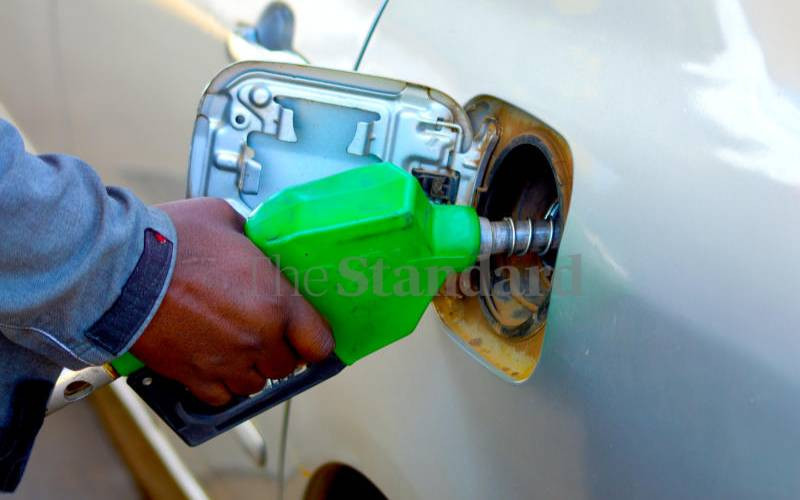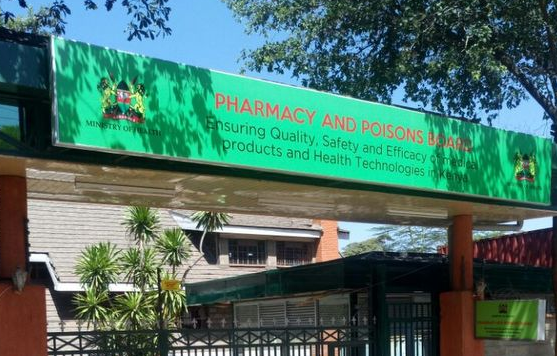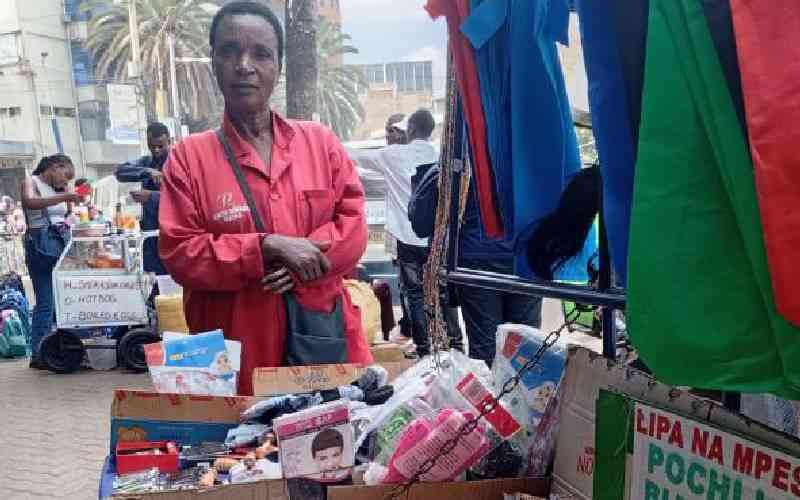
Sometime last year, Emma Wairegi noticed discrepancies between her earnings and the fuel being offloaded at her petrol station in Dagoretti, Nairobi.
For weeks, she presumed there were leakages at the pumps.
"I did pressure tests and incurred a lot of costs," she said.
Little did she know, there was nothing wrong with the pump; it was just a collusion with the delivery driver who happened to be siphoning fuel before offloading.
"He would steal just 100 litres per delivery. And you know 100 litres, with the circumference of the tank, you can't know even when you check with a dipstick," she told Enterprise. "The amount siphoned from the tank is too small and we would only know after selling."
Such predicaments like Ms Wairegi's are behind a platform developed by Pesapal, a payment solution firm, to help entrepreneurs operating fuel stations manage their inventory and reconcile payments.
Known as the Pesapal Forecourt Management Solution (PFMS), traders operating fuel stations can monitor their wet stock from offloading to dispensing. This can be done remotely. As such, owing to the complexity of dealing with fast-moving consumer goods, the business owner will no longer need to be ever-present at the fuel station to know exactly what is going on.
At a click of a button, one can tell how the commodity is being dispensed and they are able to match this to the expected revenue.
"You know if you lost 500 litres in a month, you have lost almost Sh100, 000. And if you look at the margins (Sh5 to Sh7 per litre), for you to recover one litre, you need to sell 10 more litres," explained Rene John Inyanga, the solution manager. "Now it is even more because of the prices."
The PFMS system manages the flow of fuel from the tank to the dispensing pump. The system can also be integrated into cashless payments to match litres dispensed and money received.
Such reduces the hassle of counter-checking the number of litres dispensed and converting the volumetric arithmetic to cash. This is what Ms Wairegi has been doing until late 2022 when Pesapal installed phase one of the PFMS.
A lot of problems
"With this system, I have solved a lot of problems. A customer would come and say 'I was at pump three and my vehicle was not fuelled'. I would ask: 'What time did you come?' and I would confirm with CCTV whether that vehicle was at the pump, and with the online system, we would be able to see whether the fuel was dispensed or not," said Ms Wairegi.
The system is also sensitive to the pump attendants. Through a tagging system, it will tell which attendant fuelled which car on which pump. Hence, the fuel cannot be dispensed without the attendant activating their tag.
Once dispensed, the amount of litres until then is updated and a client like Ms Wairegi is able to know how the wet stock is progressing. As such, planning can be done beforehand as one can know the days they sell more fuel, which clients frequent the station (motorbikes, matatus, lorries) depending on the amounts dispensed and how soon restocking needs to be done.
While the PFMS system deals more with dispensing, it can be extended to have Automatic Tank Gauging (ATG) where the tank levels are also monitored real-time. This eliminates the use of dipstick which is not as accurate and involves as well some calculations.
The ATG also tells if the fuel is contaminated with water and informs in cases of a possible leak. Such means whenever fuel is offloaded, if it is 10,000 litres, the ATG will tell if it is exactly that. Cases of fuel being siphoned during or before delivery will then be arrested.
With the ATG (that entails a gadget being dropped in the tank) and the PFMS, then one can monitor their wet stock from offloading and match every litre with cash in the bank.
So far, the solution has been deployed in eight fuel stations as the firm seeks to have more businesses adopt it across Kenya, Uganda and Tanzania.
The system is rented to businesses at an introductory cost of Sh30,000 a month. Ms Wairegi was the first customer. The firm targets 100 clients by the end of the year.
"We are working to connect 100 by the end of this year. We are not just confined to the Kenyan market. Uganda has around 2,000 stations, and Tanzania has even more around 3,500. In Uganda we have four merchants," said Mr Inyanga.
Big boys
The target for Pesapal is midrange oil marketers who are considered to be the majority. The big boys, as Kevin Khaemba Pesapal chief commercial officer puts it, tend to have their own solutions.
"Efficiency won't be as bad at that level but when you go down the bottom of the pyramid, things tend to change," said Mr Khaemba.
He said while they have provided solutions to several industries like hospitality, travel and retail, it was noticed that there were still gaps in the petroleum sector.
One of these gaps was that there was no integration of the payment system into the forecourt solution. As such, even when a petrol station can monitor fuel at the dispenser, payment reconciliation was still manual.
"When you automate a system the manual intervention goes away. There is also a lot of physical recording and a lot of receipts. The biggest is sealing the revenue loophole, or rather fraud; that is what we are looking at from a higher level," said Mr Khaemba.
The system is being expanded to introduce shift management for petrol attendants ate reward points for loyal customers.
The project started in 2019. And it commenced with an onsite pump where the team would pump and recycle the fuel to monitor the performance and efficiency of the system.
The PFMS system as explained by Mr Inyanga involves installing computer at the site of the petrol station which is then connected by wires or wireless to the dispenser or tank.
"All dispensation, or events, are picked up by the computer. We more or less amalgamate all these data, then we post it in a remote server where we have put back-end formulas to calculate for you what you need to know," said Mr Inyanga.
He said the system will eliminate entirely manual interventions.
"Through those processes that pump attendants or drivers do, is what Ms Wairegi said she was losing about 400 litres in a month. If you do the math that is a lot of money," he said.
 The Standard Group Plc is a multi-media organization with investments in media platforms spanning newspaper print
operations, television, radio broadcasting, digital and online services. The Standard Group is recognized as a
leading multi-media house in Kenya with a key influence in matters of national and international interest.
The Standard Group Plc is a multi-media organization with investments in media platforms spanning newspaper print
operations, television, radio broadcasting, digital and online services. The Standard Group is recognized as a
leading multi-media house in Kenya with a key influence in matters of national and international interest.











